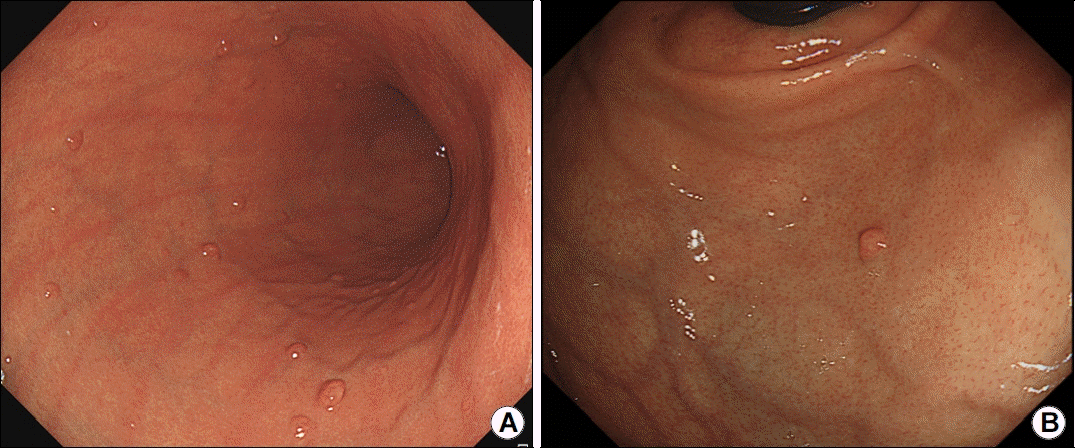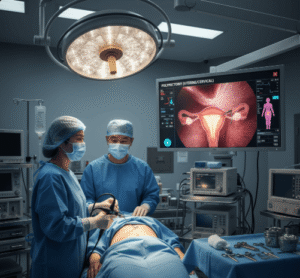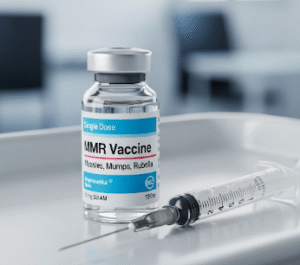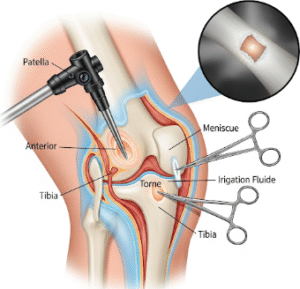Overview
Atrophic gastritis is a chronic condition where the stomach lining becomes inflamed and gradually thins, leading to a loss of gastric gland cells. Over time, this can impair digestion and nutrient absorption, and may increase the risk of stomach cancer. South Korea, known for its advanced gastroenterology care, offers world-class diagnostics and effective treatment strategies for managing this condition.
What is Atrophic Gastritis?
Atrophic gastritis is a long-term inflammation of the stomach mucosa that leads to the destruction of acid-producing glands. This condition can be caused by chronic infection with Helicobacter pylori bacteria or autoimmune reactions where the body attacks its own stomach lining. The resulting atrophy impairs stomach function, especially the production of digestive acid and intrinsic factor (needed for vitamin B12 absorption).
Symptoms
Many individuals with atrophic gastritis may not have noticeable symptoms. When present, symptoms may include:
- Upper abdominal discomfort or pain
- Bloating and fullness after eating
- Nausea or vomiting
- Loss of appetite
- Unexplained weight loss
- Fatigue (due to vitamin B12 deficiency)
- Pale skin or shortness of breath (from anemia)
Causes
The two main types of atrophic gastritis are:
- Autoimmune Atrophic Gastritis: Immune system mistakenly attacks stomach cells
- Helicobacter pylori–associated Gastritis: Chronic bacterial infection leading to mucosal damage
Other possible causes include:
- Chronic alcohol use
- Long-term use of NSAIDs
- Radiation exposure to the stomach
Risk Factors
- Long-standing H. pylori infection
- Family history of gastric cancer or autoimmune disorders
- Older age
- Smoking
- Pernicious anemia
- Living in regions with high stomach cancer rates (e.g., East Asia)
Complications
- Vitamin B12 deficiency → Can lead to pernicious anemia and neurological problems
- Iron deficiency anemia
- Peptic ulcers
- Gastric intestinal metaplasia → A precancerous condition
- Stomach cancer (gastric adenocarcinoma)
Prevention
- Early detection and treatment of H. pylori
- Regular health screenings, especially for high-risk individuals
- Healthy diet low in smoked, salty, or processed foods
- Avoid smoking and excessive alcohol consumption
- Routine monitoring for patients with chronic gastritis
Treatment Options in Korea
South Korea is globally recognized for its excellence in gastrointestinal care, with hospitals like Severance Hospital, Samsung Medical Center, and Asan Medical Center offering cutting-edge facilities and endoscopic expertise.
1. Accurate Diagnosis
- Gastroscopy (endoscopy): To visually assess the stomach lining and take biopsies
- H. pylori testing: Urea breath test, stool antigen test, or biopsy-based testing
- Blood tests: To assess vitamin B12 levels, iron levels, and intrinsic factor antibodies
- Histological grading: Through biopsy analysis to determine severity of atrophy
2. Medical Treatment
- Eradication of H. pylori (if present): Combination antibiotic therapy + proton pump inhibitors (PPIs)
- Vitamin B12 supplementation: Injectable or high-dose oral form
- Iron supplements: If anemia is present
- Proton pump inhibitors or antacids: To manage symptoms
- Autoimmune management: Close monitoring and immunologic evaluation
3. Dietary and Lifestyle Counseling
- Nutritional counseling provided by certified dietitians
- Emphasis on soft, bland foods and vitamin-rich diets
- Avoidance of alcohol, spicy foods, and smoking
4. Cancer Surveillance
- Regular endoscopic surveillance for patients with intestinal metaplasia or high cancer risk
- Korea’s national gastric cancer screening program often includes gastroscopy every 2 years for adults over 40
5. Integrated Care
- Korean hospitals offer multidisciplinary teams: gastroenterologists, dietitians, hematologists, and oncologists work together for personalized treatment
- Language support services available for international patients













